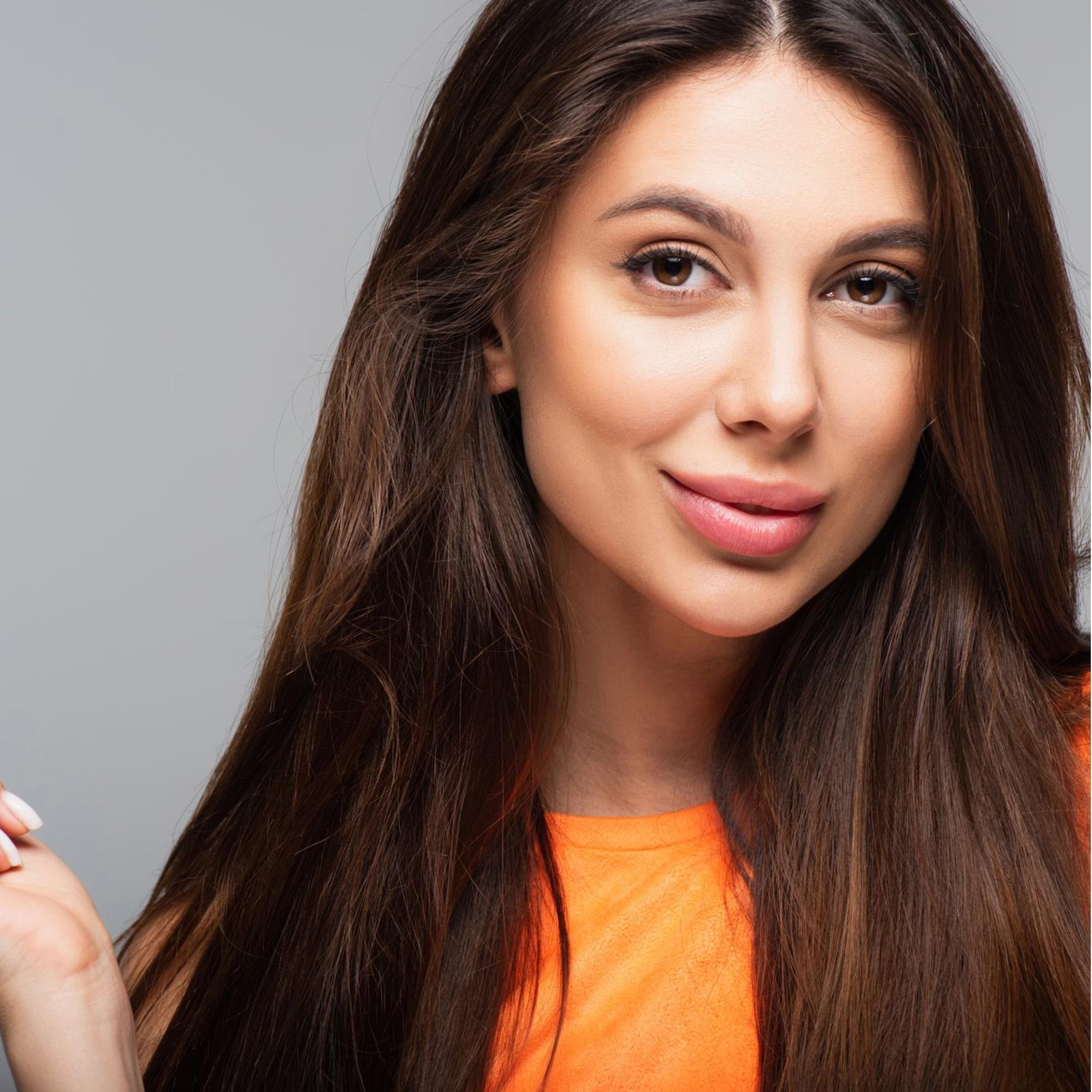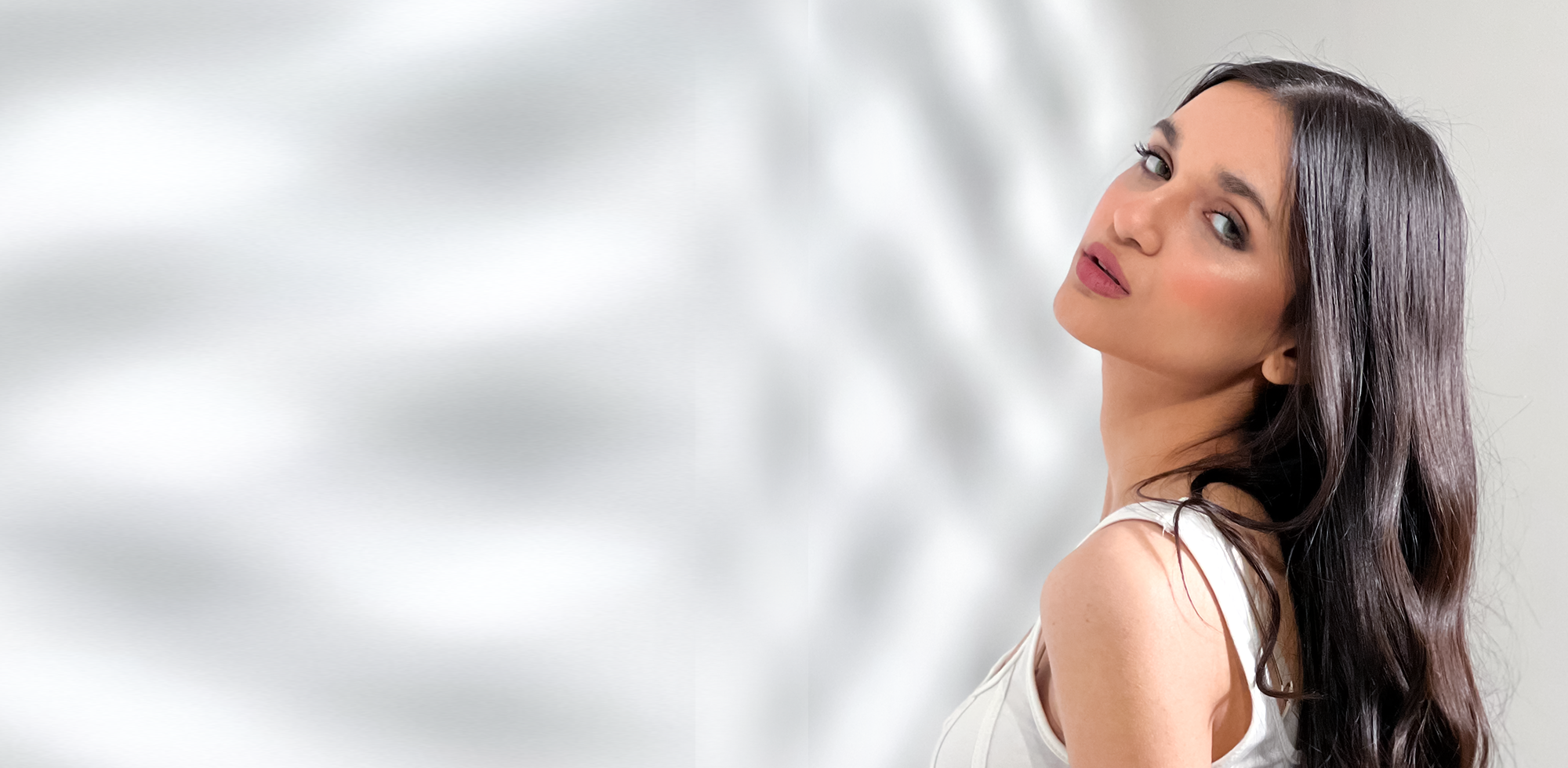Zinc is a crucial mineral that the body requires for various functions, including immune system support, wound healing, and, yes, the health of your hair. It is an essential component in numerous enzymatic reactions that contribute to the overall well-being of your body.
The Impact of Zinc Deficiency on Hair Health
Hair Loss and Thinning
Zinc deficiency has been linked to hair loss and thinning. Understanding the connection between zinc levels and the health of your hair follicles is crucial for maintaining a full and vibrant mane.
Dull and Brittle Hair
Insufficient zinc can lead to dull and brittle hair. The mineral plays a key role in maintaining the structure of hair strands, and its absence can result in lackluster and fragile hair.
Functions of Zinc in Nourishing Your Hair
-
Supporting Hair Growth
Zinc is involved in the process of cellular division, a fundamental aspect of hair growth in which lush'n lure hair treatment masks play a vital role. Ensuring an adequate intake of zinc promotes the growth of new hair and helps prevent hair loss.
-
Sebum Production Regulation
Zinc helps regulate sebum production in the scalp. Balanced sebum levels contribute to a healthy scalp environment, preventing issues like dandruff and promoting optimal hair health.
-
Antioxidant Defense for Hair Follicles
As an antioxidant, zinc protects hair follicles from oxidative stress. This is particularly important in preventing premature aging of hair and maintaining its overall strength.
Dietary Sources of Zinc
Incorporating zinc-rich foods into your diet is a natural and effective way to boost your zinc levels. Here are some dietary sources of zinc:
- Meat and Poultry: Beef, lamb, and chicken are excellent sources of zinc.
- Seafood: Oysters, crab, and lobster are among the highest zinc-containing seafood.
- Nuts and Seeds: Pumpkin seeds, cashews, and almonds provide a plant-based source of zinc.
- Legumes: Chickpeas, lentils, and beans are good options for vegetarians.
Supplements and Hair Health: What You Need to Know
While obtaining zinc through a balanced diet is ideal, supplements can be considered if you struggle to meet your daily requirements. It's crucial to consult with a healthcare professional before starting any supplementation to ensure it aligns with your individual needs.
Incorporating Zinc into Your Hair Care Routine
Balanced Diet:Ensure your daily meals include a variety of zinc-rich foods to support overall health, including your hair.
Supplements:If necessary, discuss zinc supplements with your healthcare provider to address any deficiencies.
Hydration:
Proper hydration supports nutrient transportation to hair follicles, including zinc.
Gentle Hair Care Practices:
Avoid harsh chemicals and excessive heat styling, as these can contribute to hair damage even with sufficient zinc intake.
Conclusion
In conclusion, understanding the vital role of zinc in nourishing your hair is a key step toward achieving and maintaining a healthy mane. From supporting hair growth to regulating sebum production, zinc's contributions are undeniable. By incorporating zinc-rich foods into your diet and adopting a holistic approach to hair care, you can enjoy the benefits of this essential mineral for vibrant and beautiful hair.



